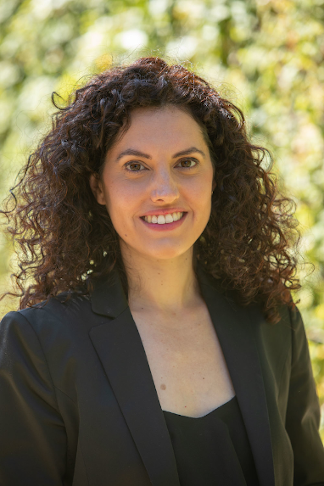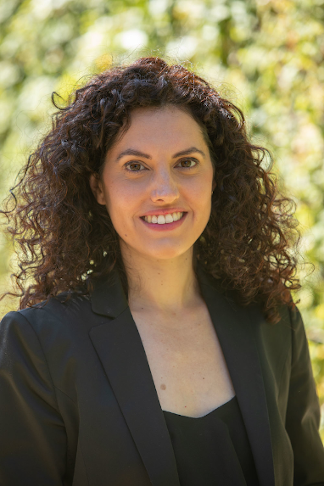Novel Applications of microwave imaging: colorectal cancer early detection. Challenges in algorithm and device development, from the idea to the clinical trials

Colorectal cancer (CRC) is the third most commonly diagnosed cancer, and the fourth leading cause of cancer death in the world. Colonoscopy is currently the most effective method for colorectal cancer diagnosis, and the only tool capable of removing polyps (CRC precursors), but it still misses 22% of polyps due to optical camera field of view limitation and operator dependency.
MiWEndo Solutions is developing the first microwave colonoscopy system composed of a ring-shaped accessory, attachable to the colonoscope tip with a switchable antenna array, and an external unit for signal generation and processing. This device scans the full perimeter of the colon during the colonoscopy exploration and generates an acoustic signal when a polyp is detected to warn the physician.
This presentation will first describe the microwave system for colonoscopy contextualized in the state of the art of the existing microwave systems for medical applications.
Microwave imaging applied to endoscopy is very different from previously studied applications of medical microwave imaging. As an advantage, there is no requirement to penetrate the tissues, as polyps are superficial lesions. Nevertheless, many challenges appear and will be described in the presentation: the size restrictions that limit the number of antennas and its separation leading to increased mutual coupling. Also, the antennas themselves must be electrically small, limiting the bandwidth, and the unusual configuration, with the antennas inside the element to be scanned, imposes restrictions to the imaging algorithms that can be used. One of the most critical challenges is that the distance from the imaging region to the antennas is unknown and constantly changes. Hence, calibration techniques must be investigated to remove this uncertainty from the measured scattered fields. Apart from these, real time performance is needed to notify the doctor of the presence of a polyp at the same time as the endoscope tip passes through the lesion. More practical challenges also apply such as the use of biocompatible external materials, single use, low cost, inter-compatibility with colonoscopy and usability requirements. Finally, the overall development is subjected to strong regulatory framework and preclinical validation to be able to use the device in humans with safety and good performance.
Date and Time
Location
Hosts
Registration
-
 Add Event to Calendar
Add Event to Calendar
Loading virtual attendance info...
Speakers
 Dr Marta Guardiola of MiWEndo Solutions
Dr Marta Guardiola of MiWEndo Solutions
Biography:
Dr Marta Guardiola received the M.Sc. degree in Telecommunications Engineering and the Ph.D. from the Universitat Politècnica de Catalunya, Spain, in 2009 and 2013, respectively. In 2012 she was at University of Bristol for a research stay. From 2014 to 2019, she was a Post-Doctoral researcher with the Department of Information and Communications Technologies, Universitat Pompeu Fabra, Spain. Her research interest is microwave imaging for medical applications, including imaging algorithms, computational models, electromangetic simulations, design and manufacturing of microwave imaging acquisition systems and preclinical studies. In 2019, she co-founded MiWEndo Solutions, a Spinoff of several Catalan research institutions devoted to the development of a microwave colonoscopy system. In MiWEndo solutions, she serves as the President of the Board of Directors and Chief Technology Officer. She has authored dozens of publications in peer-reviewed journals and conferences, she holds a patent and has received several grants including the EIC Accelerator from the European Commission. As a result of her work, she has received more than 10 awards including the recognition of the Scientific Journal Nature in its Spinoff Prize. She received training in entrepreneurship from University of California Berkeley and EOI Business School. She is Associate Professor in Universitat Internacional de Catalunya and Universitat Pompeu Fabra.
LinkedIn: https://www.linkedin.com/in/marta-guardiola
Email:
Address:Barcelona, Cataluna, Spain

